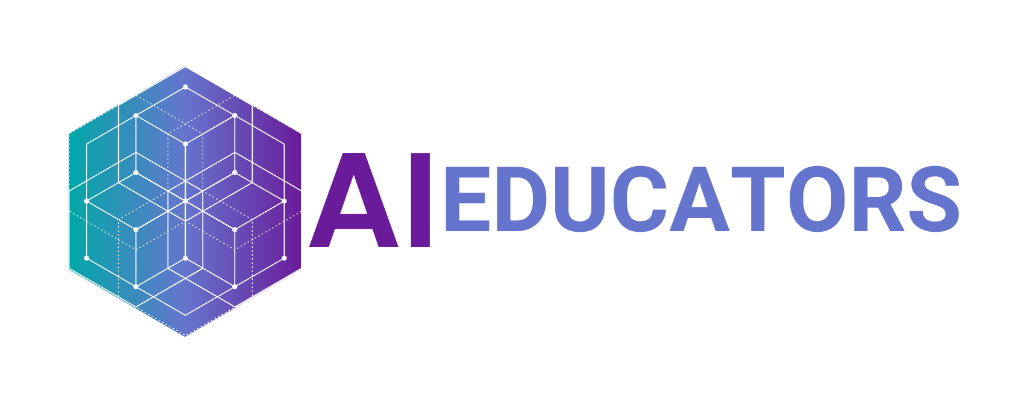One of the core principles of Montessori education is meeting each child's individual needs and learning pace. AI can help us achieve this goal more efficiently by providing adaptive learning experiences. By analyzing student data, AI algorithms can identify areas where a child may need additional support or challenges, allowing teachers to tailor their lessons accordingly. This technology can also suggest personalized learning paths, ensuring that each student receives the guidance they need to thrive.
Montessori classrooms are known for their carefully designed learning materials that encourage hands-on exploration and self-directed learning. AI can take these materials to the next level by incorporating interactive elements and real-time feedback. Imagine a Montessori math material that adapts its difficulty based on a child's performance or a language material that provides instant pronunciation feedback. By integrating AI into our classic Montessori materials, we can create even more engaging and effective learning experiences.
While AI can never replace the nurturing presence of a Montessori teacher, it can serve as a valuable teaching assistant. AI-powered chatbots can provide students with instant answers to their questions, freeing up teachers to focus on more complex topics or individual guidance. Additionally, AI can help teachers by automating certain administrative tasks, such as record-keeping and progress tracking, allowing them to dedicate more time to direct student interaction and lesson planning.
Montessori education aims to develop critical thinking, creativity, and problem-solving skills in children. AI can support these goals by providing students with open-ended challenges and simulations that encourage experimentation and innovation. For example, AI-powered coding platforms can help children learn programming concepts in a fun and engaging way, while virtual reality experiences can transport them to historical events or scientific phenomena, fostering curiosity and imagination.
The integration of AI in Montessori education presents an exciting opportunity to enhance our human-centered learning approach. By leveraging the power of adaptive learning, interactive materials, and AI assistants, we can create even more personalized and engaging learning experiences for our students. As Montessori educators, it is our responsibility to embrace these technological advancements and harness their potential to nurture the next generation of creative, independent thinkers. Let's explore the possibilities of AI in our classrooms and witness the incredible growth and achievements of our students.


